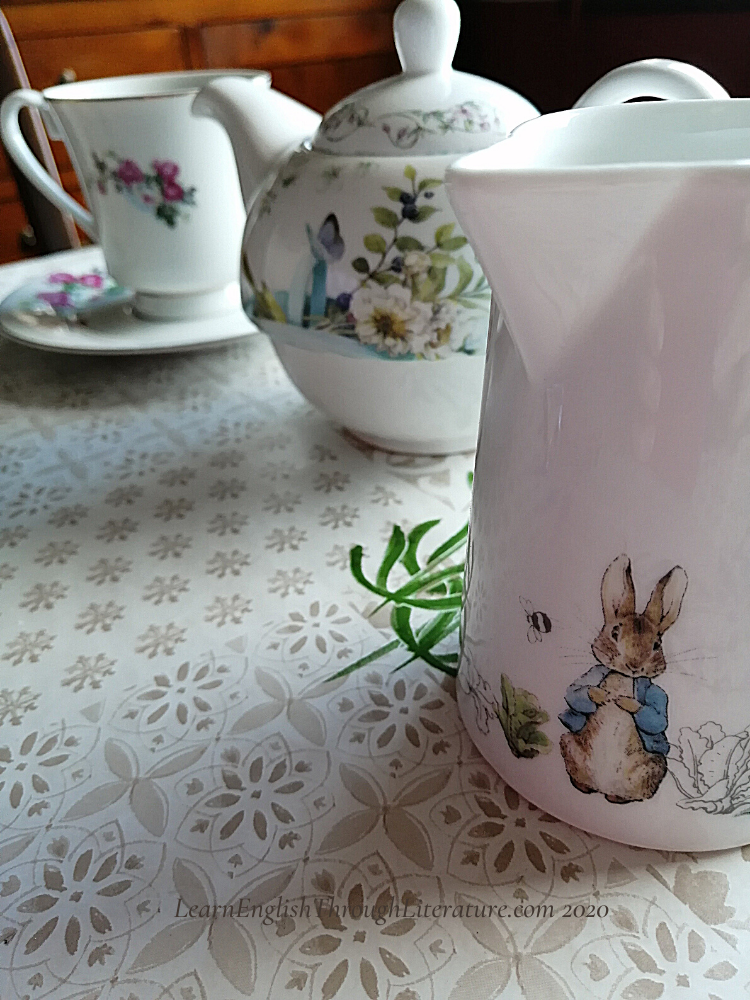As promised, here are some observations on the passage from Elizabeth Gaskell’s Cranford, as referenced in the previous post:
🖋️ Gaskell’s approach here is more conversational than the style of other classic novels. This is because the story is told by one of the characters in the book.
🖋️ Gaskell uses the word ‘very’ several times in the second sentence. While this is not usually recommended, she is using it effectively here to emphasise how disappointed Mary (the narrator) felt when she noticed the small portions after being so hungry.
🖋️ Gaskell uses the word ‘beg’ to describe the dog’s (Carlo’s) whining and barking for food; usually ‘beg’ refers to an action where a person, rather than an animal, is actually asking repeatedly and eagerly for something they need. By using ‘beg’ here, Gaskell reminds us in a subtle way that Mrs Jamieson and her helper Mr Mulliner treat Carlo as seriously as if he were a person.
It seems appropriate to end this piece with a quote from the section mentioned in my last post:
We learn that Mrs Jamieson gives her dog a bowl of tea with cream (since he refuses to drink tea with milk only), while she simply offers tea with milk to her guests – the plain choice at a tea party!
📘’She accordingly mixed a saucerful for him, and put it down for him to lap; and then she told us how intelligent and sensible the dear little fellow was; he knew cream quite well, and constantly refused tea with only milk in it: so the milk was left for us; but we silently thought we were quite as intelligent and sensible as Carlo, and felt as if insult were added to injury when we were called upon to admire the gratitude evinced by his wagging his tail for the cream which should have been ours.’
As always, if you have any questions please feel free to let me know via the contact form.
P. S. Can you recognise another famous literary character on my milk jug: a clue, he has long ears, a hearty appetite, and a little blue jacket?




